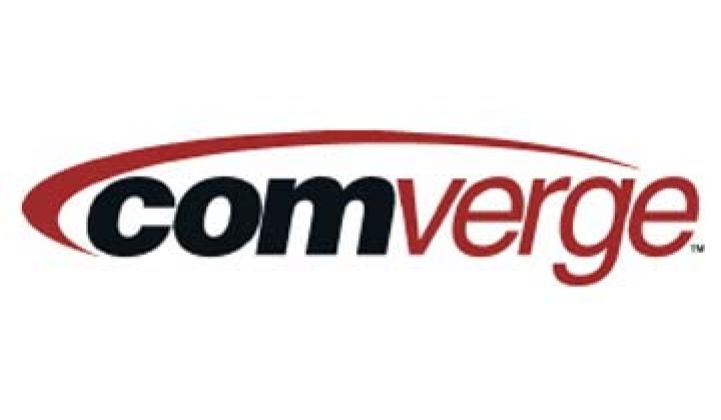Comverge, the first big demand response company to go public in 2007, will be bought for $49 million by H.I.G. Capital.
Comverge has succumbed to its cash problems, agreeing to be acquired for $49 million by private equity firm H.I.G. Capital. The low price marks a low point for the demand response vanguard, which has seen its growth stall and its stock price plummet as it struggles to achieve profitability.
Monday’s announcement lays out a “definitive agreement” for Comverge to acquired by Peak Merger Corp., an affiliate of H.I.G. Capital, LLC, a leading global private investment firm, for $1.75 per share in cash, or approximately $49 million in equity value. The $1.75 share price is about 7 percent lower than Comverge’s Friday close of $1.88. The stock was trading at $1.76 at midday.
Comverge reported that it was facing a “substantial doubt about the Company's ability to continue as a going concern,” due to a cash shortage that risked triggering a series of debt covenant requirements that could suck the company dry.
The Norcross, Ga.-based company reported a 2011 loss of $12.8 million, compared to a loss of $31.4 million in 2010, continuing a string of annual losses since it went public in April 2007.
Monday’s sale price is a sad reminder of how low Comverge’s market capitalization has sunk in the past several years. The company’s share price has fallen from around $7 in early 2011 to trade below $2 since October, and the company had an accumulated deficit of $228.8 million and stockholders equity of just $37 million as of the end of 2011.
More important, however, is the agreement by affiliates of H.I.G. Capital to provide $12 million in debt financing to Comverge, not contingent on the closing of the acquisition. That means that Comverge will avoid triggering clauses in covenants it holds with lenders Grace Bay and Silicon Valley Bank, which could have put the company in a position where it couldn’t pay its bills.
Grace Bay’s covenant was the most pressing concern for Comverge. The creditor called for the company to hit revenues of $139.8 million, but Comverge only had $136 million in revenue for 2011 (although that was up from $119 million in 2010). The loan payments could have added up to nearly $7 million in twelve months.
Comverge has been a bellwether smart grid stock, given that it’s one of the first pure-play “smart grid” companies to go public. Rival demand response company EnerNOC became the second when it held its IPO in May 2007. Since then, both EnerNOC and Comverge have revamped their technology and business plans to take account of shifting rules and regulations on demand response.
They’ve also seen new aggregation competitors like Constellation Energy and the partnership of Viridity Energy and ConEd Solutions, and new technologies from the likes of Honeywell and Johnson Controls.
While Comverge's incumbent status had given it a leg up over other rivals, some industry watchers have been increasingly concerned that the company was being left behind by new developments in the field.
Complicated markets and a lack of certainty about whether events will actually be called has also lead some demand response customers not to renew their contracts with curtailment service providers like Comverge. Comverge has been growing its commercial and industrial business, but residential demand response, which was about a quarter of its business in 2010, has been slow to expand.
"We are pleased to have found a solution to the Company's immediate need for capital to fund ongoing operations that not only preserves value for stockholders but also provides immediate cash value to stockholders," Alec Dreyer, Comverge's Chairman of the Board of Directors, said in a statement.
The agreement between H.I.G. Capital and Comverge is not finalized. Comverge has 30 days to shop around for other proposals, although the company does not anticipate that it will have any other developments during that time.
The stock was trading at $1.74 at midday.



